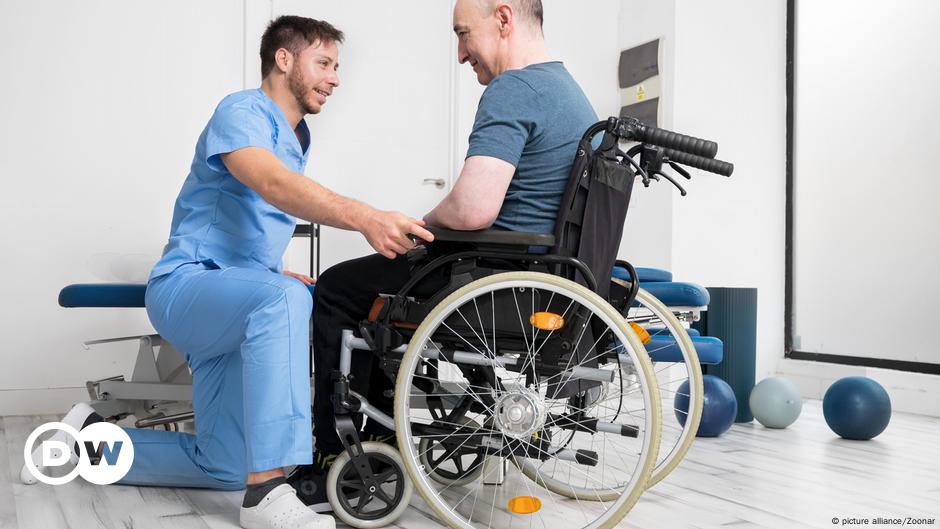Summary
Germany faces a critical shortage of health-care workers, with 47,400 unfilled positions in 2023/2024, particularly for physiotherapists (11,600 vacancies), dental assistants (7,350), and nursing staff (7,100), according to a study by the German Economic Institute (IW).
The aging population is driving increased health-care demand, with those aged 65+ projected to rise from 21% to 29% by 2030.
The study highlights a broader labor market issue, with over 530,000 skilled worker vacancies across all industries, including 42,000 in construction-related fields.



Hmm…
Germany was one of a couple nations we’ve been considering immigrating to. My wife is an experienced RN, too.
My main concern is whether Germany will be able to brunt the far-right movement there or if it’s as inevitable as it was here in the US.
Ensure that your wife’s credentials are accepted here. I know people who were nurses in the US and couldn’t work as one here because their accreditation wasn’t seen as valid.
I’m not 100% sure, but might just need to take the Staatsexam. It’s a funny situation because registered nurses in the US go through a four- year bachelor’s, which doesn’t exist in Germany: just a trade school
a little less democracy creates a buffer against populism. Half of the legislature is chosen by the parties off a list (after winning support; sort of like voting straight-ticket). The parties make the lists, so they aren’t as likely to pick crazies as rogue voters. Then, a party has to get 5% of the votes to get a place in the assembly. Yes, the AFD has been meeting that occasionally, but, for the first reason, the real nutjobs find themselves in the lesser parties. On top of all this, the prime Minister isn’t directly elected, so a Trump (who most of his own party despises) is less likely. Germany is having problems lately; mostly with infighting and inter- party cooperation, but it’s harder for the populace to elect surprise officials